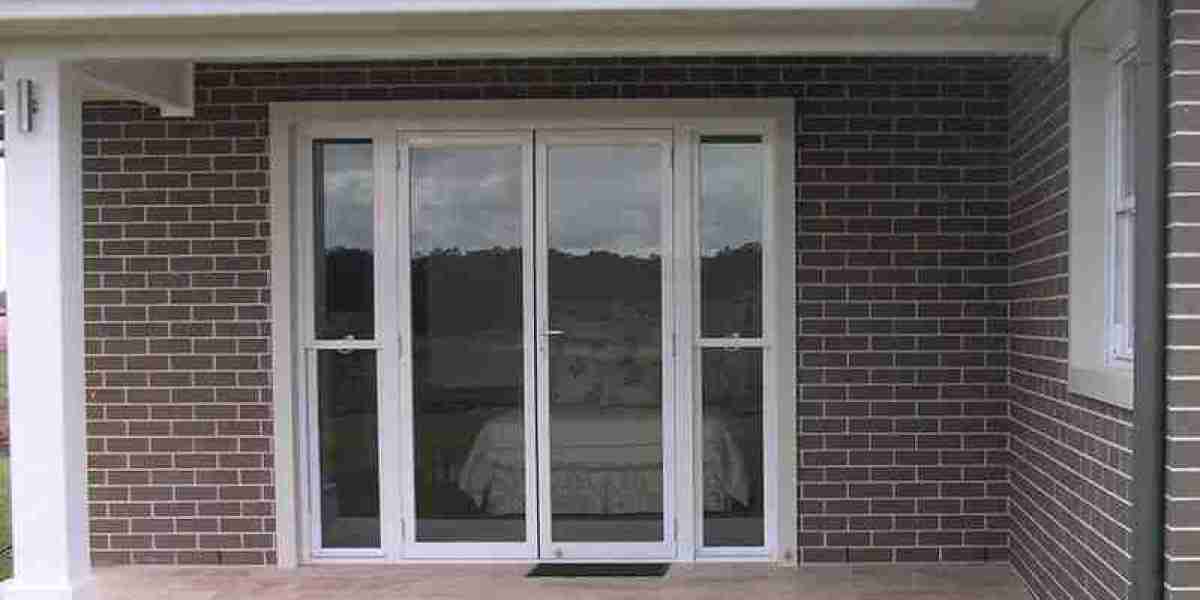Mechanism and Operation
A hinged door operates on a simple pivot system, where the door is attached to a frame with one or more hinges. When pushed or pulled, it swings open and closes smoothly. Hinged doors can be installed to open inward or outward, providing flexibility depending on the available space and usage requirements.
On the other hand, a sliding door moves along a track, gliding sideways rather than swinging open. This mechanism makes sliding doors an ideal choice for spaces with limited clearance, as they do not require extra room to open. However, sliding doors rely on well-maintained tracks for smooth operation, and dirt accumulation or misalignment can affect their functionality over time.
Space Considerations
One of the biggest differences between a hinged door and a sliding door is the space they require. Hinged doors need a clearance area for the door to swing open, which may not be practical in smaller rooms or narrow hallways. However, they provide a wider opening when fully opened, making them convenient for moving furniture or allowing more air circulation.
Sliding doors, in contrast, do not take up additional space when opened, making them a popular choice for compact areas. They are commonly used for closets, patios, and partitions where maintaining an unobstructed pathway is important. However, because sliding doors typically overlap when opened, they may not provide the same full opening width as a hinged door.
Aesthetic Appeal and Design Versatility
Both hinged doors and sliding doors offer various design options to suit different architectural styles. A hinged door comes in multiple materials, including aluminium, wood, and glass, allowing homeowners to choose a finish that complements their interiors. Traditional and modern designs are available, making them a versatile option for any setting.
Sliding doors also provide an elegant and contemporary look, particularly when used with large glass panels. They create an open, airy feel and are often installed in spaces where natural light and outdoor views are a priority, such as balconies and patios. While sliding doors offer a sleek appearance, hinged doors have a timeless appeal that suits both classic and modern homes.
Durability and Maintenance
A hinged door is known for its sturdy construction and long-lasting performance. The hinges provide strong support, ensuring smooth operation for years. Maintenance is relatively simple, involving occasional lubrication of the hinges and cleaning of the door surface. Since hinged doors do not rely on tracks, they are less prone to mechanical failures compared to sliding doors.
Sliding doors require more maintenance due to their track system. Dust and debris can accumulate in the tracks, leading to friction and difficulty in opening and closing the door. Regular cleaning and realignment of the track system are necessary to maintain smooth operation. Additionally, sliding doors with large glass panels may require frequent cleaning to remove fingerprints and smudges.
Security and Privacy
Security is an important factor when comparing hinged doors and sliding doors. A hinged door typically supports a variety of locking mechanisms, including deadbolts, key locks, and smart locks, making it a secure option for both residential and commercial spaces. Solid hinged doors also provide better sound insulation and privacy, which is beneficial for bedrooms, offices, and meeting rooms.
Sliding doors, particularly those with glass panels, may require additional security features such as reinforced locks and impact-resistant glass to enhance protection. While modern sliding doors come with strong locking systems, traditional sliding mechanisms may be easier to tamper with compared to a hinged door with a solid lock system.
Where Each Type Works Best
The choice between a hinged door and a sliding door largely depends on where it will be installed. Hinged doors are commonly used for:
- Main entrances and bedrooms due to their superior security and privacy.
- Office spaces and meeting rooms where enclosed areas are needed for concentration.
- Bathrooms and kitchens where functionality and easy access are priorities.
Sliding doors, on the other hand, are more suitable for:
- Patios and balconies where they offer seamless indoor-outdoor transitions.
- Closets and storage spaces where space-saving solutions are needed.
- Partition walls in offices to create open yet flexible layouts.
Summary
Both hinged doors and sliding doors have their advantages, making them suitable for different applications. A hinged door is a durable, secure, and traditional option that provides privacy and functionality in various settings. Sliding doors, on the other hand, are ideal for modern spaces where saving space and allowing natural light are priorities.
Choosing the right door depends on personal preferences, space availability, and intended use. Whether opting for the timeless appeal of a hinged door or the sleek functionality of a sliding door, both choices contribute to a stylish and practical environment.






